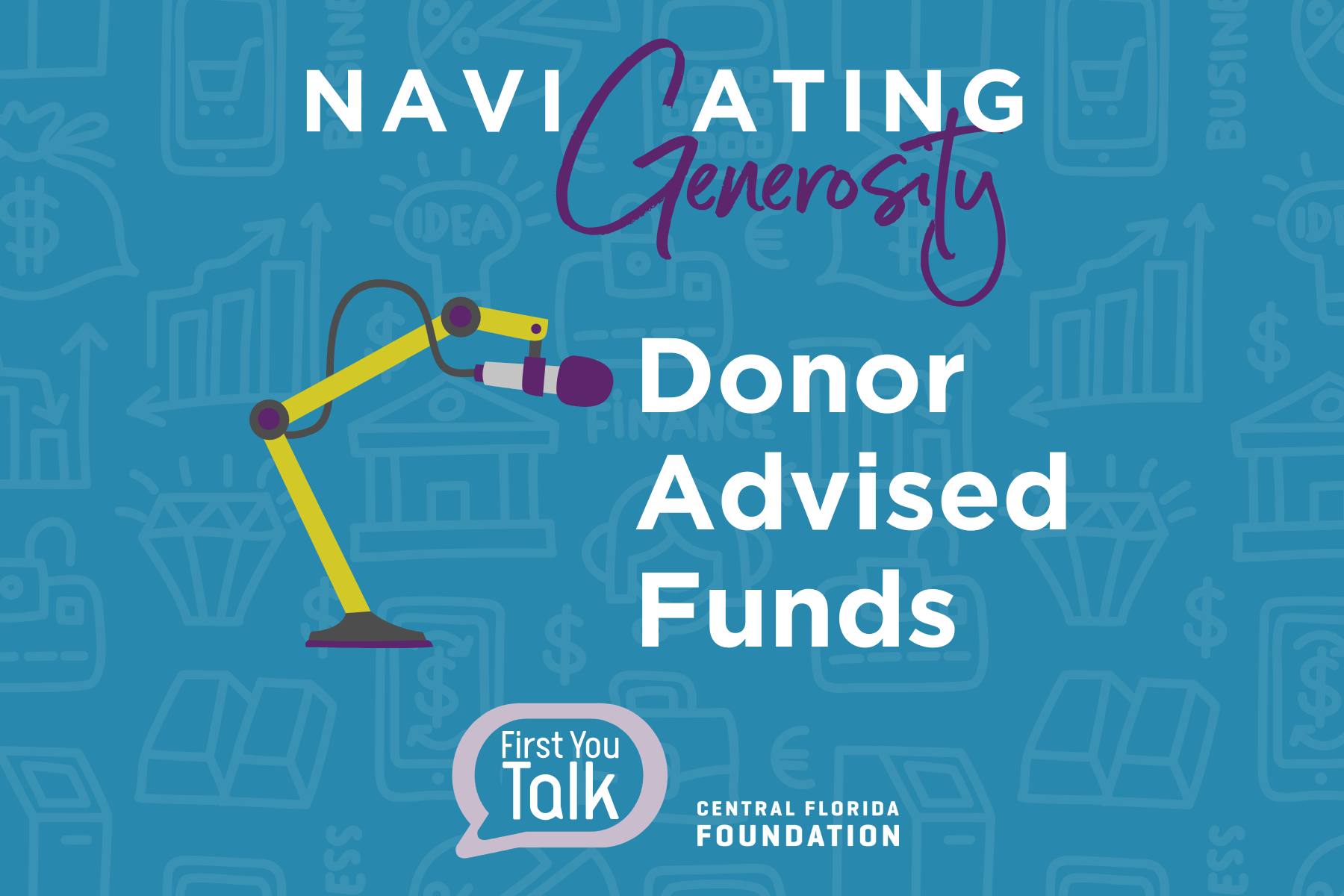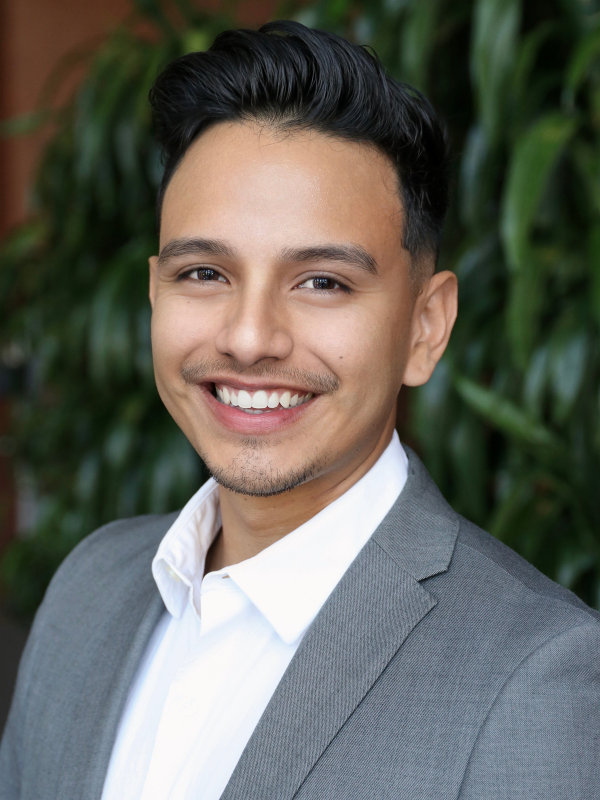
Navigating Generosity: Understanding Donor-Advised Funds
Recap of Episode 17 of the First You Talk Podcast – Listen to the episode here.
In this insightful episode of First You Talk, Nicole Donelson and Wealth & Philanthropy Strategist David Torre explore the growing relevance of donor-advised funds (DAFs) as a strategic vehicle for charitable giving. Whether you’re a seasoned philanthropist or a professional advisor guiding clients through philanthropic decisions, this conversation offers clarity on how DAFs can streamline generosity and maximize impact.
What Are Donor-Advised Funds?
DAFs are giving accounts held at public charities (sponsoring organization) that allow donors to:
- Make a charitable contribution.
- Receive an immediate tax deduction.
- Recommend grants from the Fund over time to qualified nonprofits.
This method creates an accessible, cost-effective, and flexible approach to philanthropy—particularly appealing to those who want to be intentional with their giving.
Key Takeaways from the Episode
☑️ Differentiating from Private Foundations
The episode clearly contrasts DAFs with private foundations:
- Lower administrative burden – DAFs do not require IRS filings or board governance.
- Cost efficiency – DAFs usually have minimal setup and maintenance costs compared to private foundations.
- Simplified compliance – The sponsoring organization ensures regulatory adherence, which relieves donors of complex legal oversight.
- However, DAFs offer less control and autonomy with your giving, as compared to a private foundation.
Related Reading
☑️ Potential Tax Benefits and Flexibility
- Immediate tax deduction upon contribution—regardless of when grants are made.
- Asset contribution options – The sponsoring organization of the DAF can typically accept appreciated stock, real estate, or even business interests in some cases. Many nonprofits cannot accept complex gifts, thus giving you additional giving flexibility if you are giving from your DAF.
☑️Legacy and Family Engagement
- Donors can involve family members in grantmaking decisions, passing down values and creating a legacy of giving.
- Successor advisors can be named, allowing the Fund to operate across generations.
☑️Important Considerations
- No direct grants to individuals or political organizations.
- Funds cannot be used for pledges or tickets to charity galas/events.
- Strategic alignment is key: donors should clarify their values and long-term impact goals before opening a DAF.
☑️ Expert Commentary
David Torre, an expert in estate planning and philanthropy, emphasizes that understanding the mechanics of DAFs allows advisors and donors to align giving with life and legacy goals, making them a powerful part of broader financial strategies.
Take the Next Step Toward Intentional, High-Impact Giving
If you’re a professional advisor seeking to guide your clients through purposeful philanthropy, or an individual ready to structure your charitable giving with flexibility and impact in mind, a donor-advised fund might be the right tool for you.
📄 Learn more by reviewing our Donor-Advised Fund Fact Sheet to see how Central Florida Foundation’s Signature Fund can serve your goals.
📬 Connect with us to start a conversation about your goals.

nrios@cffound.org | 407-872-3050
